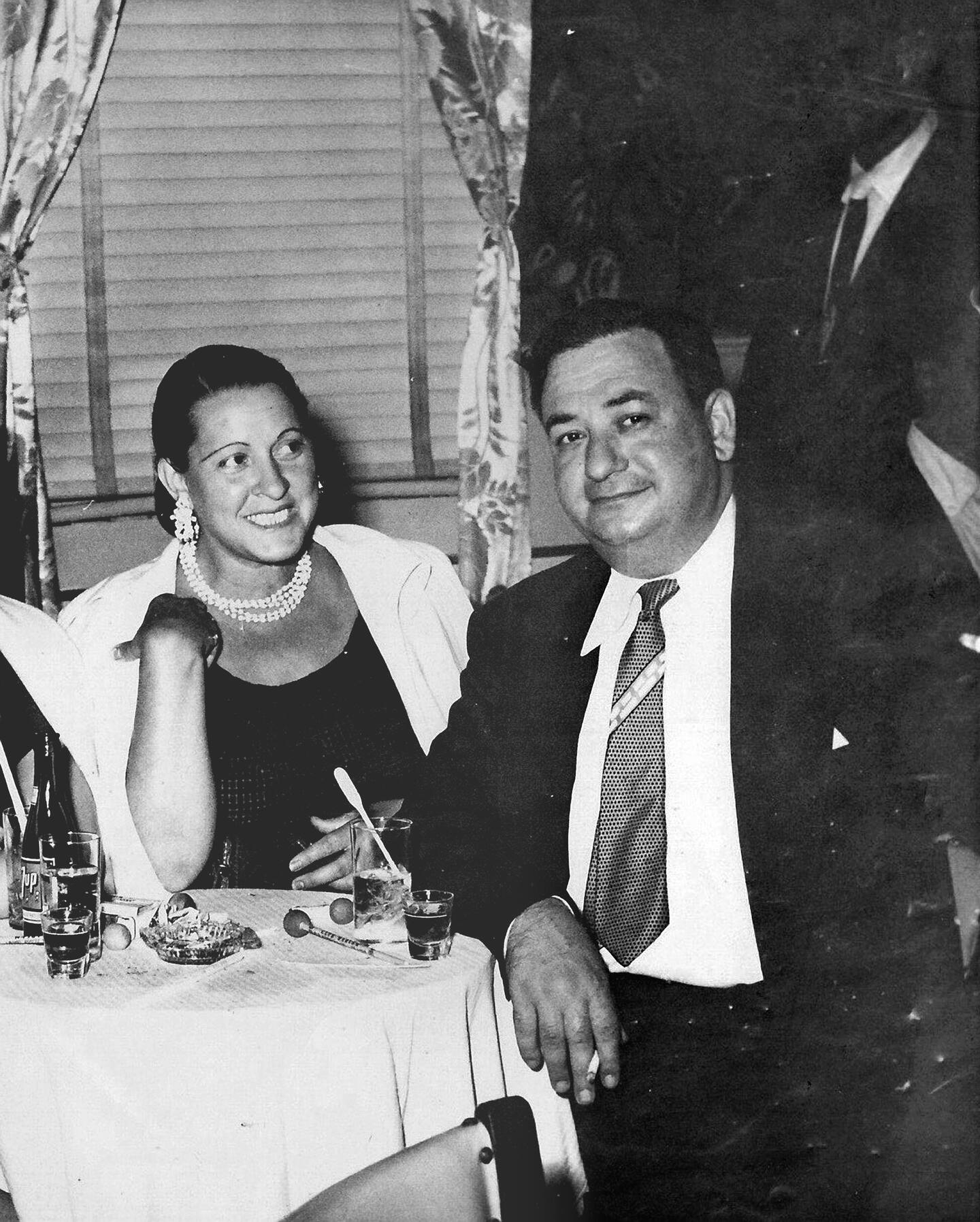Book review of Smalltime: A Story of My Family and the Mob by Russell Shorto
[ad_1]
But Shorto the writer didn’t know much else about his grandfather. He rarely saw him or spoke to him when he was young, and his grandfather died while he was in college. He knew that his father and his grandfather didn’t get along, but why they didn’t was unclear. The story he remembers hearing is that his grandfather wanted his father to become a partner in crime, but his dad refused, and their relationship withered.
Family stories are funny things, though, capable of morphing and shifting over the years u
ntil the unknowns outnumber the knowns. With “Smalltime,” Shorto traces his decision to learn the truth about his family’s past, discover its long-buried secrets, and explore unforgotten slights and how decisions made decades and decades ago continue to leave their mark.
But Shorto’s story is not just about his family. It’s also a social history of a place and time — industrial Pennsylvania from the early 20th century on — as it is being shaped by an influx of immigrants who are resented for their arrival, forced into the worst jobs and homes, and struggling to survive outside of an official America that makes their path harder at every opportunity.
“No one with an Italian background had ever had a political job in the county,” Shorto writes in a chapter about the roadblocks erected by establishment forces to keep immigrants from gaining any power. “Back in 1911, the mayor of Johnstown made it a campaign promise that no one of Italian descent would work in his administration, not even as a street cleaner.”
The growth of the mob in cities like Johnstown, Shorto posits, was largely a result of the denial of access to legal routes to power and wealth. If the front door wasn’t open, the back door would have to do. For his grandfather, born to Italian immigrants in 1914, the back door meant helping his widowed mother make and sell moonshine during Prohibition, learning how to cheat and win at cards and dice, and eventually helping run a small-town illegal enterprise with ties to the big-city mobs in New York, Pittsburgh and Philadelphia.
While Shorto is successful at finding out what his grandfather did — as well as the affairs he had, the people he swindled, the drinking problem that tanked his illicit career — he struggles to learn more about just who his grandfather was. He admits to being “continually thwarted” in his efforts to learn more about his namesake’s personality.
There are long talks with relatives, with men who knew his grandfather from his gangster days, with retired police officers and others, but no one can offer a penetrating look at the man who once was second-in-command of a criminal operation that controlled an entire city. Who really was Russ Shorto? It’s hard to say.
At times, the flatness of his grandfather’s character dampens the narrative. Why, a reader can justifiably ask, do I care about this person? The answer, unfortunately, is never fully apparent. A history of a gangster in a bygone time promises to be riveting, but there’s not enough there there to make this a book you can’t put down. The specter of an unsolved mob murder hangs over the story, hinting at a much deeper, darker tale. That too proves to be a promise that doesn’t quite deliver.
What does pay off is a series of revelations that unfold in the book’s final third, where Shorto focuses less on his grandfather and more on his father and their own strained relationship, and all that brought it about. Here the memoir becomes more personal and poignant, and less of a historical account weighted down by asides about process and efforts to corroborate stories.
As the hurts are revealed, they offer unexpected insights that traverse generations. The life of the grandfather explains the life of the father, which explains the life of the son. Shorto finds himself at his father’s deathbed, expressing newfound gratitude and understanding.
“Thank you,” he tells his father, “for showing me how to do history, which, it suddenly occurs to me, is nothing if it doesn’t involve a consideration of how human beings try to balance their inevitable failures and stay afloat amid currents that are destined to sink them.”
Smalltime
A Story of My Family and the Mob
[ad_2]
Source link
